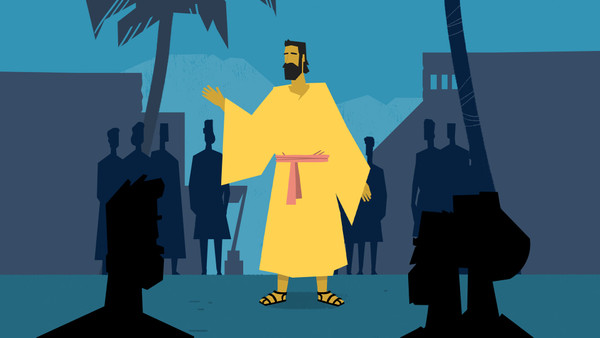
4:28

In the Bible, “witness” refers to both people and actions—those who see events and those who share what they’ve seen. Similar to today, this word is used in both legal settings and to describe an experience with God. But the word’s most interesting aspect is how it illuminates the story of Scripture, especially the role of the people of God.

